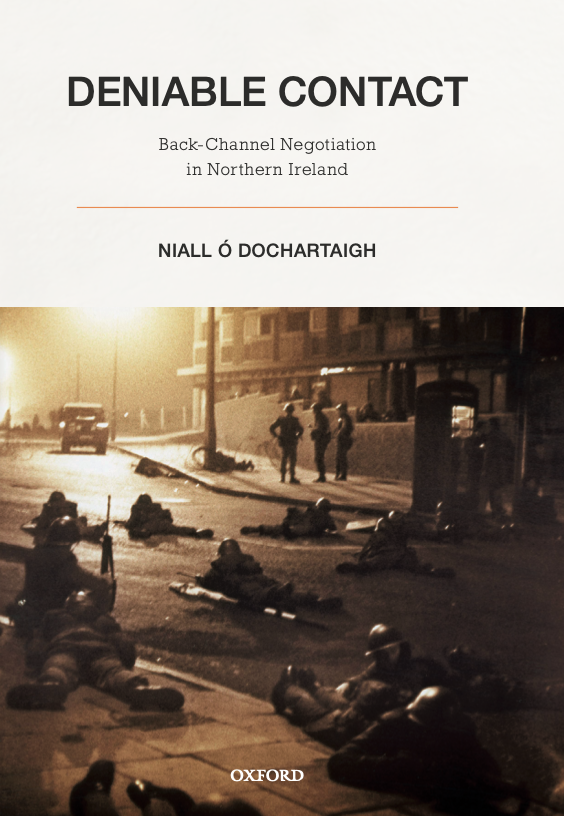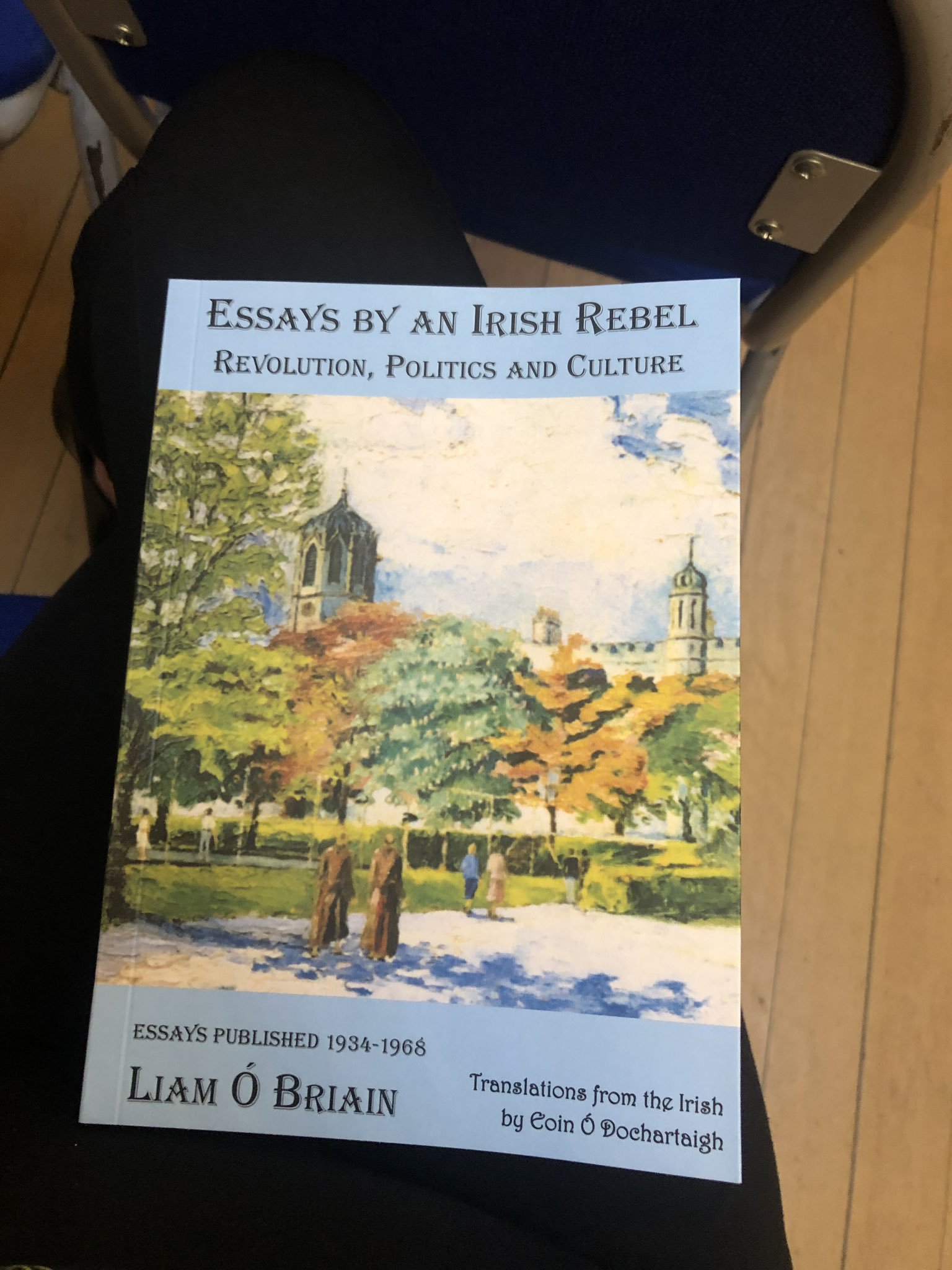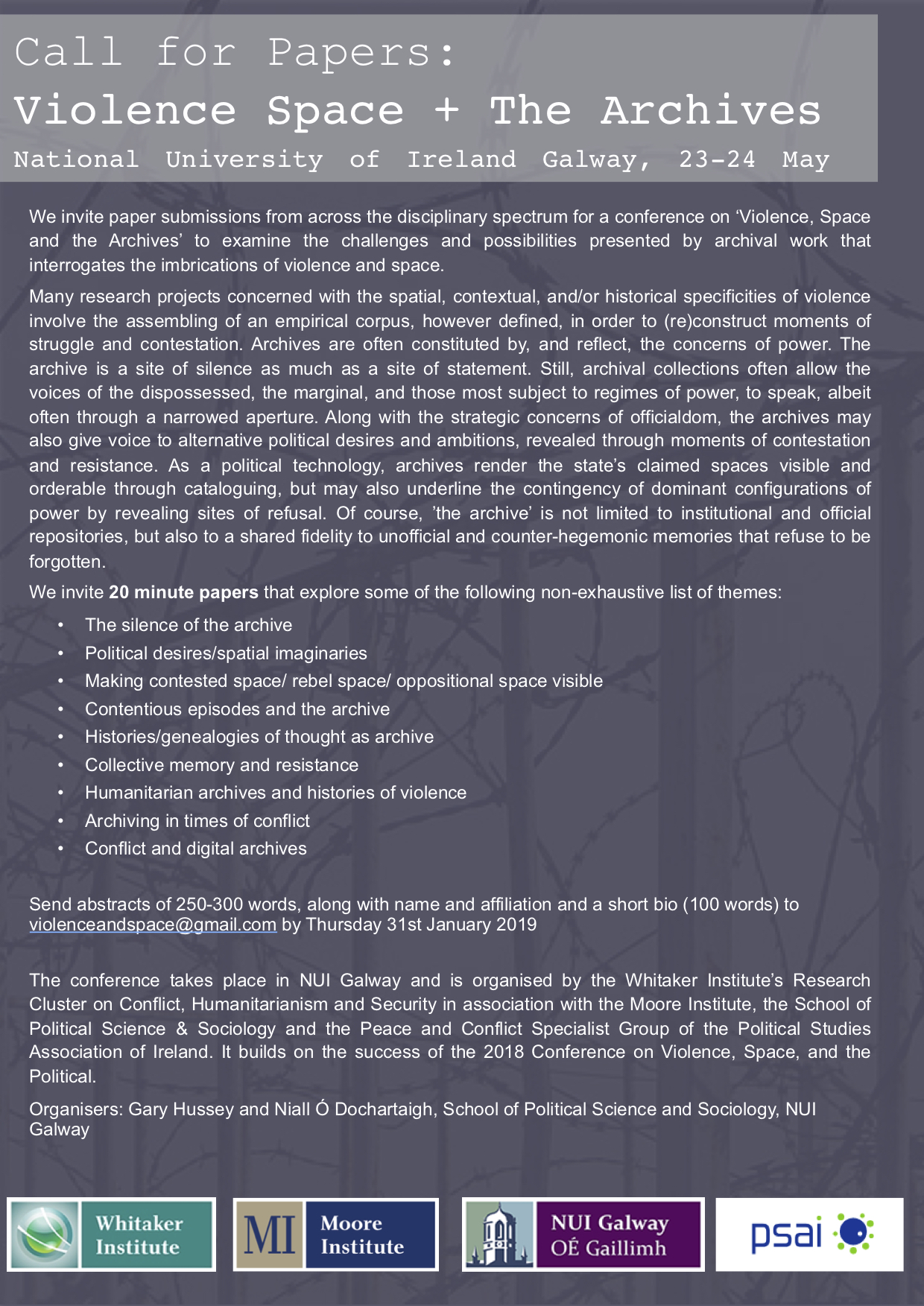In the winter of 1989–90, Northern Ireland Secretary of State Peter Brooke, working with a core group of senior civil servants in the Northern Ireland Office, made a calculated move to re-engage with the Provisional Republican movement that included Sinn Fein and the IRA. It marked a significant shift in British government policy, a decision to explore, for the first time since the mid- 1970s, the possibility of an inclusive political settlement.
It is notable that these moves to re-engage with the Provisionals began under the stewardship of Margaret Thatcher, the Prime Minister most associated with hardline rejection of the IRA. That Peter Brooke was admired and respected by Margaret Thatcher for his work as a ‘dry’ economic Minister in the Treasury was an important factor. It gave him greater latitude to innovate than others might have enjoyed. And Brooke was, ‘in his very tactful and discreet way, willing and indeed desiring to exercise that degree of freedom’, John Chilcot told me in a phone interview in May 2020.
In November 1989, one hundred days into his term as Secretary of State, Peter Brooke made remarks that provoked a storm of protest from unionists. Asked if he could foresee a day when the British government would talk to Sinn Féin Brooke replied:
‘it is difficult to envisage a military defeat [of the IRA] . . . if, in fact, the terrorists were to decide that the moment had come when they wished to withdraw from their activities, then I think the government would need to be imaginative . . . as to how that process should be managed . . . Let me remind you of the move towards independence in Cyprus and a British minister stood up in the House of Commons and used the word ‘never’ in a way which within two years there had been a retreat from that word.’
Mention of Cyprus, from which the British had withdrawn after negotiations with nationalist opponents, made his comments particularly explosive.
Brooke later said that some of his remarks had been off-the-cuff, but the underlying message—that the British government would respond positively if the IRA made moves to end its campaign—reflected thinking and discussion within the NIO at the time; his remarks had been a deliberate attempt ‘to communicate my attitude on talks to Sinn Féin’ (Moloney 2002, 248).
His public signal to the republicans was unmistakable—a deal was possible. To anyone familiar with the key issues, the reference to an ‘imaginative’ response suggested at the very least that issues such as prisoner releases and the removal of British troops from the streets could be up for discussion.
The last time a Secretary of State had made overtures to the Republicans, in 1975, there had been great disquiet among senior military commanders at efforts to reach a compromise settlement with the Provsionals. I wondered if there had been similar opposition in 1989 and the early 1990s. And so, when Peter Brooke mentioned the support for his 1989 remarks among the military I asked a follow-up:
PB: when I answered the questions in 1989 a large number of soldiers were very much in favour of what I’d said you know.
NOD: Were there contrary voices at the time saying this shows that the IRA is weak, they’re on their last legs, we should maybe take a big security initiative and finish them off?
PB: No.
NOD: No. That wasn’t a strong counter argument?
PB: No … Now, no senior voice, I mean there may have been middle ranking voices saying that. There’s one book written by an RUC officer … but it was an idiosyncratic opinion in the middle ranks of the RUC. It was certainly not the view of my principal security advisors who never, ever, never ever asked for it.”
Some have argued that the IRA was on the verge of military defeat, or something close to it, by the early 1990s and that this is the principal reason they ended their armed campaign. That no senior military voices were pressing in the early 1990s for one last push to finish off the IRA indicates the limits of that line of argument.
Niall Ó Dochartaigh, 23 May 2023
Some of the text above is extracted from ‘Deniable Contact: Back-channel Negotiation in Northern Ireland, recently published by Oxford University Press in paperback earlier this year. OUP is currently offering a generous discount on the paperback edition to online buyers who use the code AAFLYG6 (reduced from £30 to £21 although shipping costs will bring that up) https://global.oup.com/academic/product/deniable-contact-9780192887535?lang=en&cc=gb&fbclid=IwAR1EnELTyGEBrzbiV44CuV9NvoUkn98LdYoaJX8T94EkH1cBOyozuhzvSxs





 ____________________________________________________________________________________________
____________________________________________________________________________________________